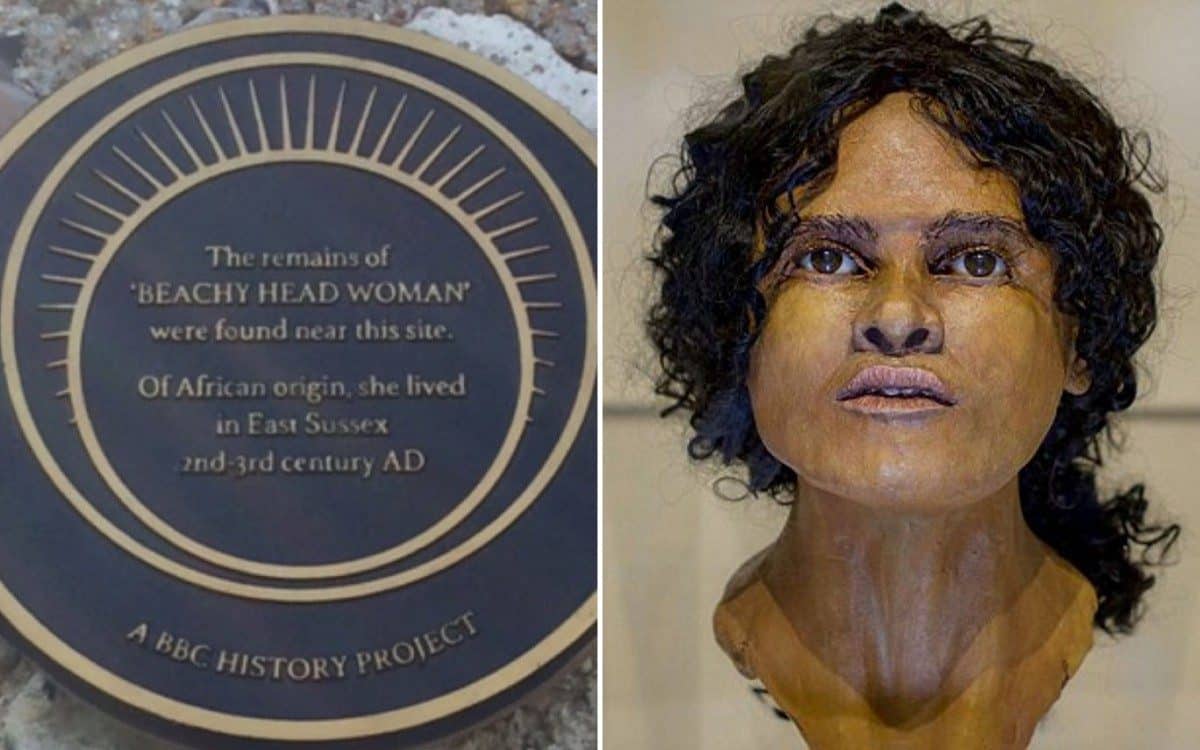How did a woman believed to be from Cyprus end up in Britain 1,800 years ago?
Interesting question, but that’s not what most Brits are asking. They’re instead pondering how the remains of a woman uncovered in the village of East Dean was initially thought to be black – of African origin – and was commemorated as the first black Briton.
The issue reemerged this week after the parish council of the East Sussex village voted to remove the BBC plaque commemorating “the first black Briton” because scientific evidence shows she was not of African origin, according to The Telegraph.
Cypriots often joke that the island is the centre of the universe – not just the world – but the 1,800-year-old remains of a woman seemingly from Cyprus are now the centre of a heated debate over Britain’s history.
The BBC has since come under fire for a documentary which gave the Beachy Head Lady, as her remains became known, the title of the earliest ‘black Briton’.
The Francis Crick Institute carried out DNA analysis which found that Beachy Head Lady’s origins were in “southern Europe – most likely Cyprus”, according to an article by the researcher who first studied her remains.
British media reports explained that the BBC History project plaque read: “The remains of Beachy Head Woman were found near this site. Of African origin, she lived in East Sussex 2nd-3rd century AD.”
Professor Olusoga’s documentary series Black and British: A Forgotten History made the claims of the lady’s origins, in which the series told the story of the “enduring relationship between Britain and people whose origins lie in Africa”.
Olusoga commented that “she’s a black Briton”, a hypothesis backed up by archaeologist Jo Seaman who added that Beachy Head Lady’s African origins and the age of her remains likely made her the “earliest black Briton”.
Plaques were installed to commemorate black Britons throughout history as part of the BBC series.
An article by Seaman, a Beachy Head expert who carried out initial research into the remains, was updated in 2022 to include the note: “DNA analysis has since concluded that although she grew up in Eastbourne, the place of her ancestry is in southern Europe – most likely Cyprus.”







Click here to change your cookie preferences